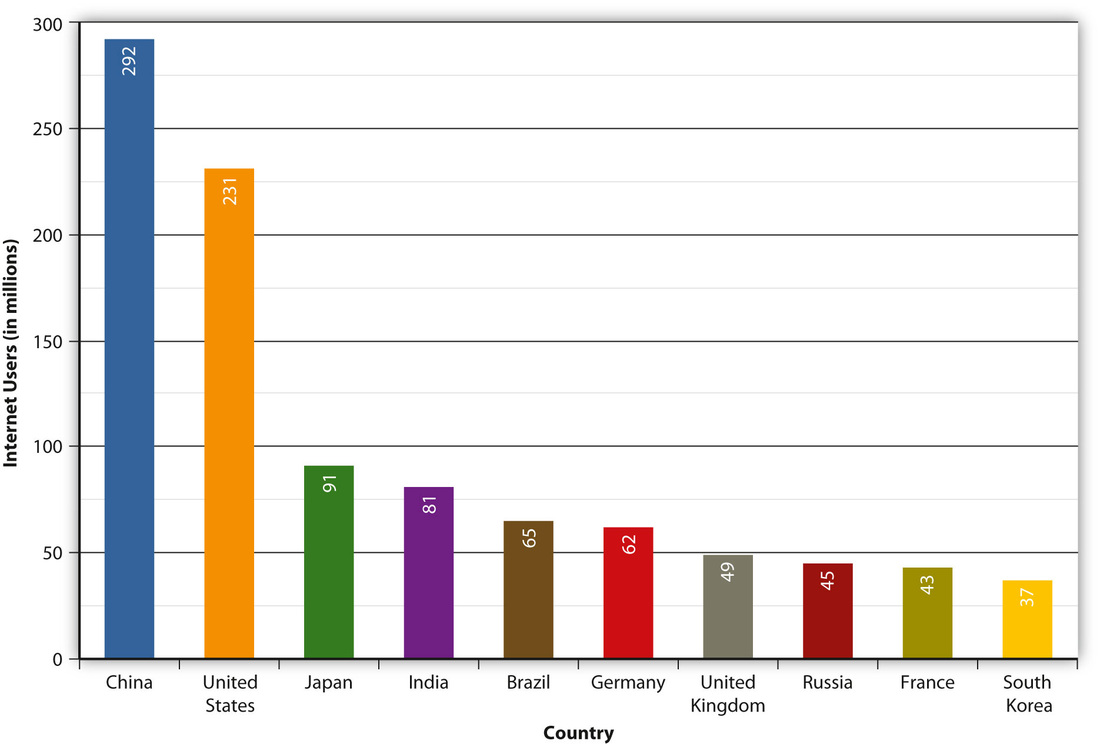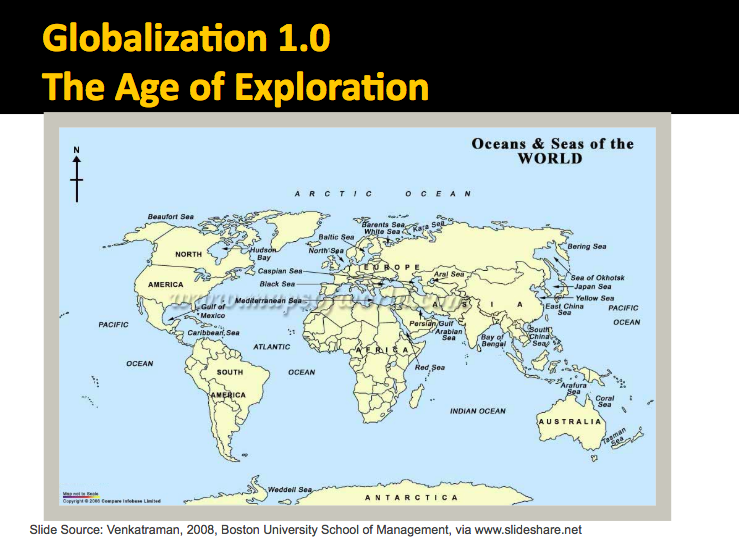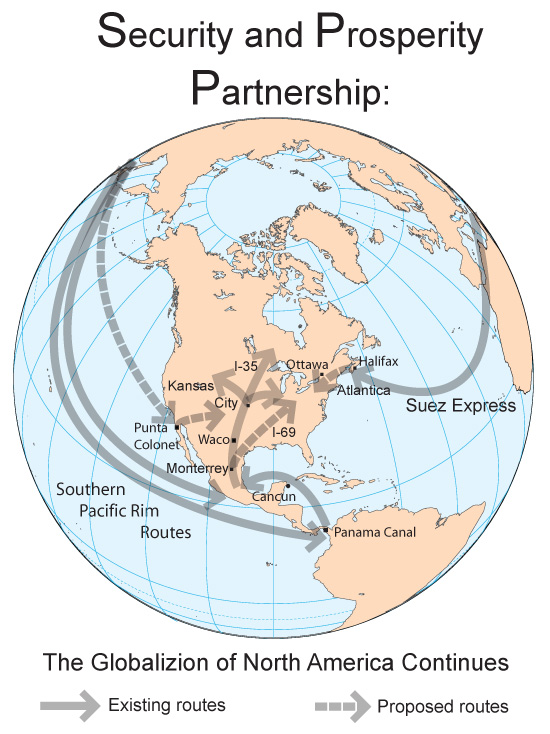

Pascal Lamy, once the EU trade commissioner and a former director-general of the WTO, scoffed at the idea that the world had reached a tipping point and said the recent slowdown in global trade was only to be expected after years of rapid growth. Unravelling the complex web of international links that have been established since the Berlin wall came down at the end of 1980s would be a long and painful process. He globalisation optimists may well be proved right.

Douglas Flint, chairman of HSBC, cited the example of the taxi app Uber as a disruptive technological change that was here to stay. Consumers care more about whether the goods they can order online will be delivered the next day than where they are sourced from. Supply chains cross borders, often many times over. Globalisation, it was asserted, is really being driven by technological change over which politicians have little control. The received wisdom for Davos is that this isn’t a tipping point. While globalization has brought many benefits to many millions over the years it has also created a huge division among countries – with distinct sets of winners and losers.Ī recent article by Larry Elliott at The Guardian discussed about the current and future state of globalization. Similarly last year in the UK, people voted in favor of Brexit shocking the ruling elite. The recent election of President Trump is in due in part to voter’s reject of a globalized economy where jobs are moved to the lowest cost countries. After a few decades of accepting the process of globalization as being the “new normal” many are now starting to question the concept.

Globalization has become a major topic of discussion and analysis for media and individuals alike in recent years.


 0 kommentar(er)
0 kommentar(er)
